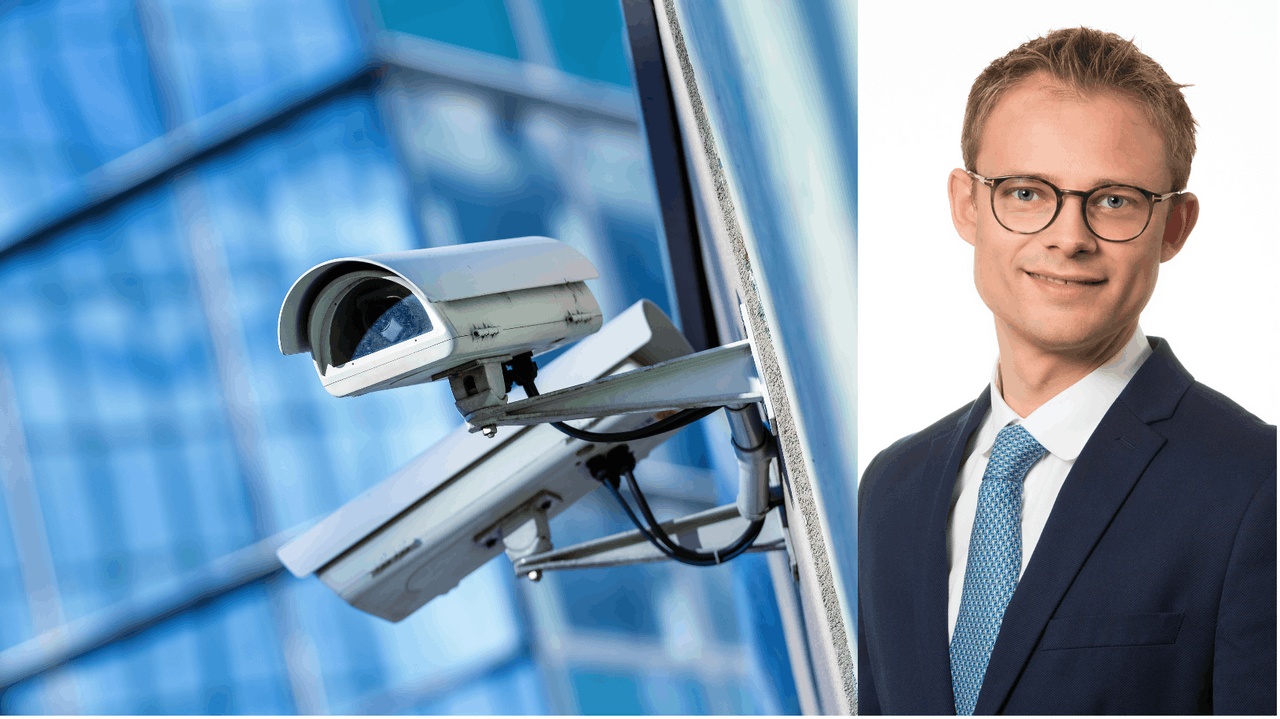between a security guard's dog and an individual near the railway station last Saturday has reignited the debate on security in the area. According Lydie Polfer (DP), and some shopkeepers, this problem could be solved by installing surveillance cameras.
No need for authorisation
Who can give permission to install them? "Before the General Data Protection Regulation (GDPR), you needed prior authorisation from the National Commission for Data Protection (CNPD) to install video surveillance," explains Laurent Magnus, who works as head of the complaints department. But presently there is no need for authorisation--control is done retrospectively.
The establishments themselves must ensure that they respect the guiding principles of the GDPR emphasising the ground rules of proportionality, transparency, etc.
However, the installation of surveillance cameras can be authorised only for specific purposes, such as monitoring the access to a building or to ensure the security of staff. Records must be stored in a specific register and a data protection officer must be appointed.
These rules apply to both public buildings and companies. The latter are subject to specific constraints, such as the restrictions to film staff continuously or film recreational areas.
The question of public highways
The CFL has placed cameras in the train station. The mayor can therefore, in compliance with these criteria, install cameras in the town hall or in a car park that belongs to the city. But not on a public highway...
"There is no legal provision that allows municipalities to install cameras there," says Magnus. However, the GDPR only authorises this if a law exists to define the terms and conditions. This is why you can see cameras in the street in other countries, such as France. But not in the grand duchy. And even if the prime minister wanted to, he could not place cameras in the railway station area, without a specific law, explains the CNPD expert.
The police can install cameras, and sometimes even hide them, he admits. But this is "part of a specific procedure, because we are looking for a drug dealer for example." This is done with a time limit and a specific purpose, other than neighbourhood surveillance.
Specific rules for individuals
What about private individuals? They can't turn their cameras towards the public highway either, says Magnus. Or even towards the neighbour's garden. However, they can film at home, without having to comply with the principles of the GDPR. At the same time, they are still subject to the law of 11 August 1982 on privacy protection, which prohibits them from observing, "by means of any device, a person in a place that is not accessible to the public, without that person's consent.”
So we shouldn't be seeing any cameras around the train station in the short term. At least, not until there is a law on the subject. Besides, according to the capital’s mayor, "we have a minister who is not in favour of video surveillance.”
This article in Paperjam. It has been translated and edited for Delano.
